Now that the referendum is behind us, we must start doing something about Australia’s burgeoning ICE problem. You wouldn’t know it from mainstream media coverage, but ICE is now causing as much harm to remote indigenous communities as alcohol. It is also destroying the social and economic fabric of our regional centres faster than the closure of coal mines and power stations. And left unchecked it may eventually pose a greater threat to our economy than Chinese trade embargos and extreme weather events. There is no quick or easy solution. We cannot look to our border security services: unlike illegal immigrants and cocaine, almost all Australia’s ICE is as home-grown as merino wool. And far from working to rid our streets of the menace of ICE, state and federal police have all too often turned a blind eye to it – their leadership to have even facilitated some of its worst depredations. Indeed, while it is poorer suburban and regional Australians who are most adversely impacted by ICE, almost all its beneficiaries live in the wealthier, white-collar postcodes of our larger population centres, where they attended expensive schools and prestigious universities. But Well-educated, Wealthy, White-collar Australians is a bit of a mouthful for a demographic cohort, so that’s why we call them ICE: Inner City Elites.
By the time the next referendum rolls around the physical casting of votes will be as passé as printed newspapers. All the AEC will need to determine whether you are for or against the proposal will be your income and postcode. That, at least, is how it was with the Voice, where post-polling analysis shows that someone’s propensity to vote Yes was directly proportional to a) how far away he or she was from the most disadvantaged indigenous communities, and b) how much more he or she earned than that of the average resident of those communities. The uncomfortable class implications of this have prompted some Yes proponents to contest Senator Jacinta Price’s claim that many Aboriginal and Torres Strait Islander people didn’t actually want a Voice to Parliament – just as they don’t all think the same on any other issue, as a consequence of them not all doing the same job, or living in the same state, or even speaking the same language. The irrefutability of which makes the homogenisation of their attitudes by people like Professor Marcia Langton and Professor Megan Davis sound at best patronising. But their gripe is as academic as their titles. Because one of the most tiresome things about the Westminster system is that it gives the opinions of a nobody you’ve never heard of exactly the same value as it gives the opinions of someone you see and hear ten times a day on the ABC! And there are rather more of the former than the latter. And indigenous Australians make up less than 3 per cent of the total population, anyway. So even if 100 per cent of Aborigines had been persuaded to toe the Yes line, the difference it would have made to the result would be the same as the difference it would make to global temperatures if 100 per cent of all Australians and Australian companies reduced their carbon footprints to zero; i.e., no difference at all.
Not surprisingly, some losing side leaders have attributed the result of the referendum to racism. But the empirical proof that most Australians aren’t racist is that every poll conducted six months prior to the referendum said that more than 60 per cent of us were Yes voters. There are many cases of individuals serving long-term prison sentences being persuaded by other inmates to embrace Islamic Jihad, or find Jesus, or stop eating meat. But the only precedents for millions of law-abiding citizens turning racist in a matter of months were set in economically crippled countries where every media outlet was forced to repeat the rantings of a fanatical leader who held a single ethnic minority responsible for all that country’s woes. But for most modern-day Australians it is difficult to identify with an impoverished, unemployed German of the 1930s, or a similarly disadvantaged Ugandan of the 1970s, or a Serb of the 1990s or even a modern-day Palestinian. And we should be grateful for that. Australia may not be the social and economic envy of the world it once was. And thanks in no small part to ICE we will no doubt continue to be a nation divided on all kinds of issues, and not least on who our leaders should be. But as long as the polls tell us that our first indigenous female prime minister is more likely to be Jacinta Price than Lidia Thorpe, we can still count ourselves a lucky country.
Got something to add? Join the discussion and comment below.
Get 10 issues for just $10
Subscribe to The Spectator Australia today for the next 10 magazine issues, plus full online access, for just $10.
You might disagree with half of it, but you’ll enjoy reading all of it. Try your first month for free, then just $2 a week for the remainder of your first year.


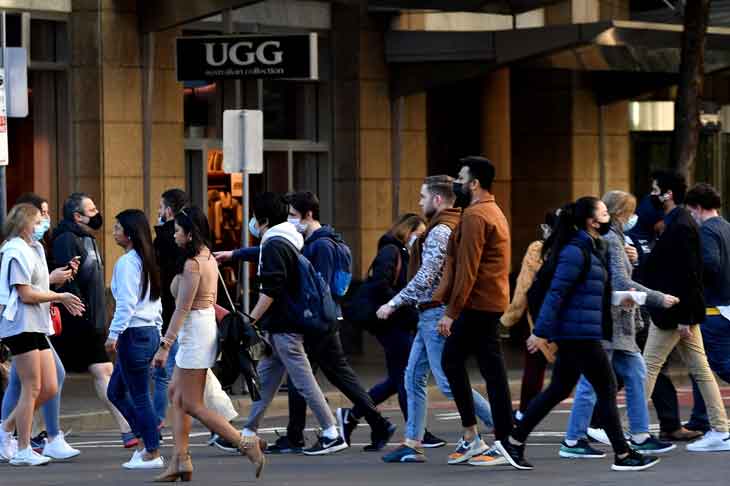
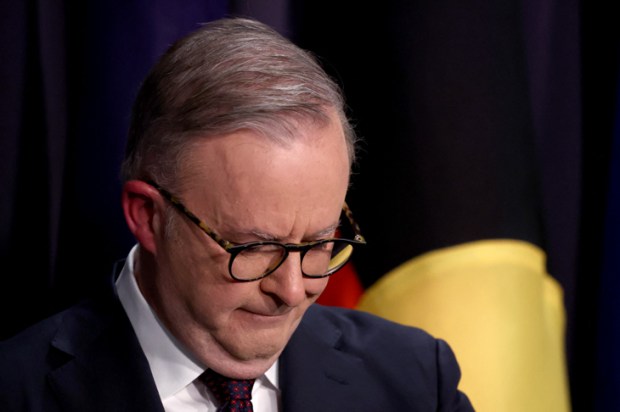
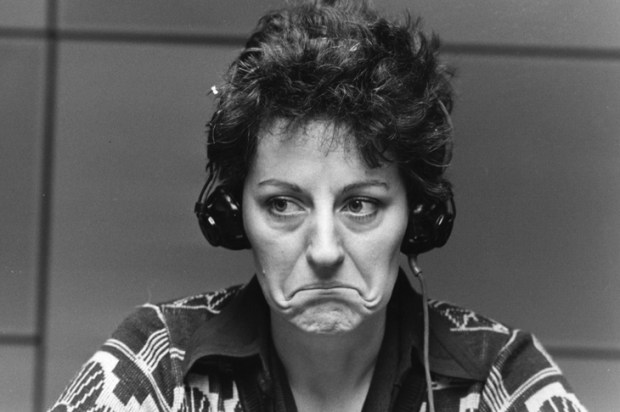
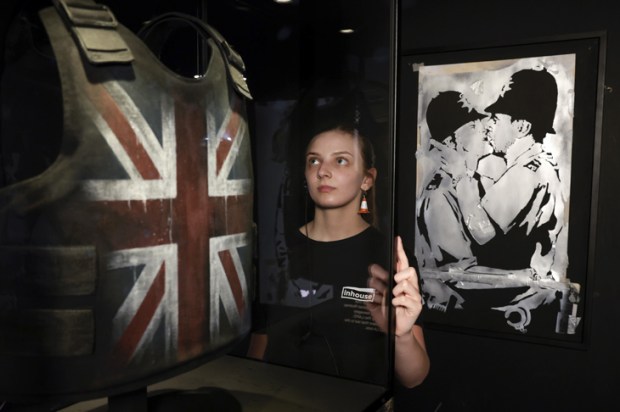
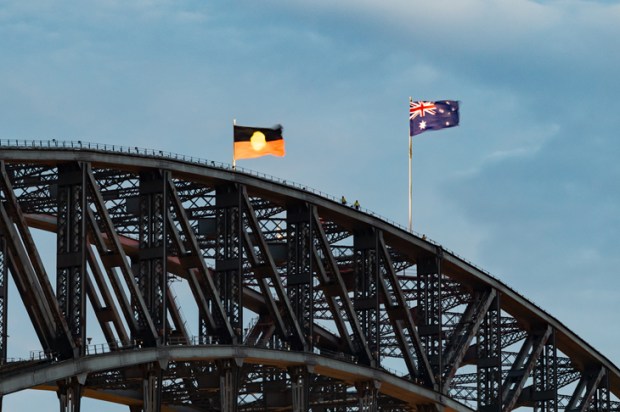

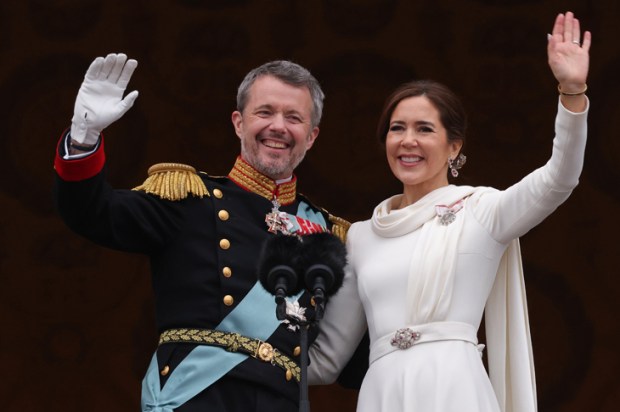






Comments
Don't miss out
Join the conversation with other Spectator Australia readers. Subscribe to leave a comment.
SUBSCRIBEAlready a subscriber? Log in